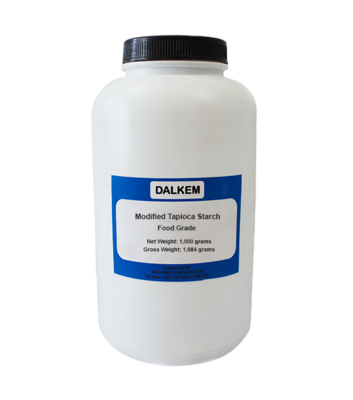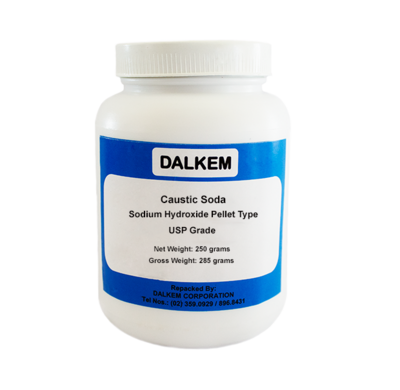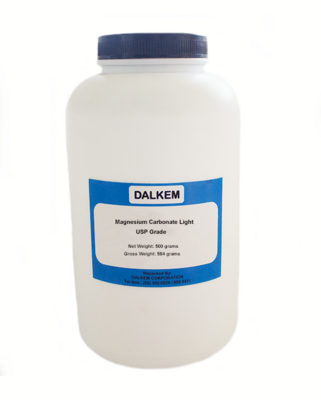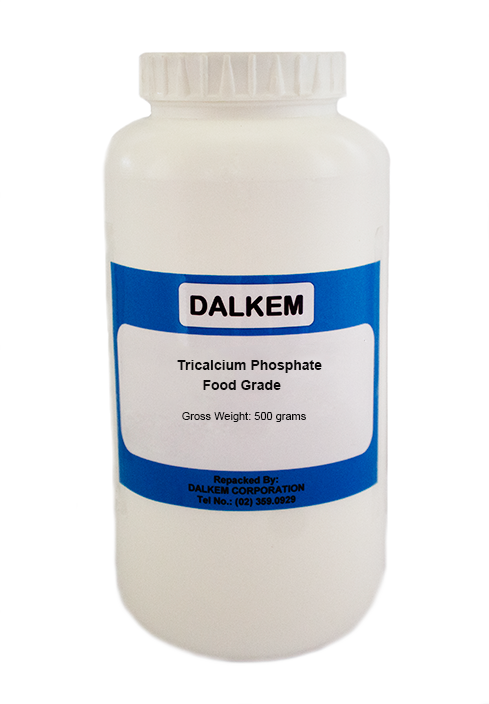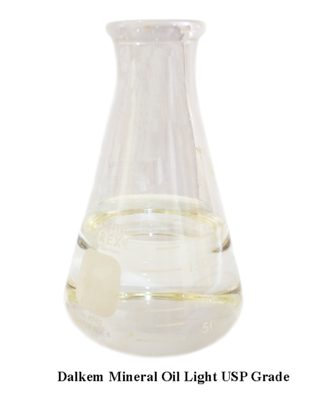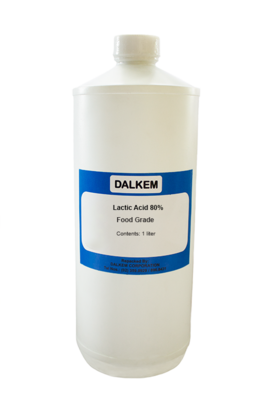Tricalcium Phosphate / Calcium Phosphate Tribasic Food Grade
Tricalcium phosphate (sometimes abbreviated TCP) is a calcium salt of phosphoric acid with the chemical formula Ca3(PO4)2.
It is also known as tribasic calcium phosphate and bone phosphate of lime (BPL).
It is a white solid of low solubility.
Properties
Chemically, tricalcium phosphate is a calcium salt of phosphoric acid.
Its primary function in fortification is to increase the calcium content of foods.
It is almost insoluble in water, has a very low flavor profile and usually comes in a fine white powder.
The chalky texture of tri-calcium phosphate makes it useful as a free-flowing agent, as it has the ability to take up to 10% of its weight in moisture. Its texture and color properties also make it an effective clouding agent.
Tricalcium phosphate’s E-number is E341, a subclass of calcium phosphates for those who may need to check the additive status for their country.
It has a CAS Number of 7758-87-4. Ingredient labels list it as tribasic calcium phosphate, tri-calcium orthophosphate, and precipitated calcium phosphate, or it’s labeled in formulation paperwork as TCP.
Uses
Tricalcium phosphate is an ingredient that is heavily used across many industries – toothpaste, antacids, bone grafting material, baby powder, water filtration, nutritional supplements and ceramic coatings – and it is also in our food supply.
Tricalcium phosphate (EU) is a mineral found in many foods, for many purposes.
